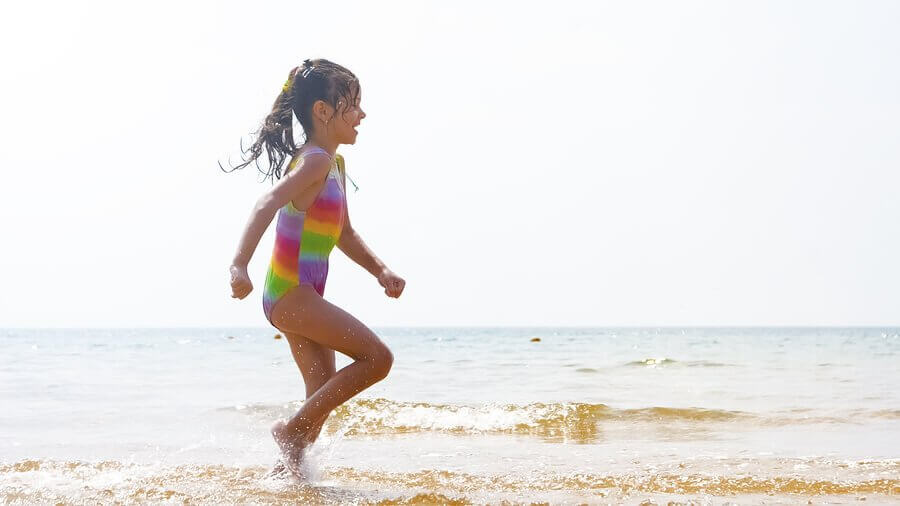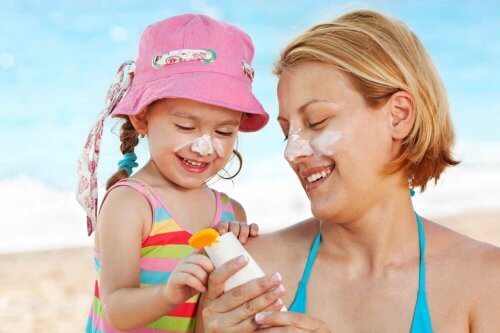How to Protect Yourself from the Sun in Summer

It’s important to protect yourself from the sun during summertime, especially when vacation comes and kids go out to play.
Without becoming over-protective, it’s important to provide healthy space and conditions for kids to play in.
During summer vacation, kids just want to be outside, playing sports, and playing with their friends. They don’t realize that the sun’s rays can hurt them.
Luckily, that just involves a few items, products, and easy protective measures which will help both adults and children protect themselves from the summer sun. We’ll tell you about them below.
Basic tips to protect yourself from the sun in summer
To protect yourself from the sun in summer and not miss out on any exciting vacation time, just consider these easy protective measures.
Avoid sun exposure during critical hours
Between 10:00 a.m. and 4:00 p.m. the sun’s rays tend to be stronger. This means that you should avoid exposing your skin to the sun during those hours.
People who go to the beach often want to get a tan quickly so they go out when the sun is strongest. And as if that wasn’t enough, they slather themselves in tanning oil when they do it.
Avoid this type of behavior at all costs. It may give you a beautiful tan, but along with it you’ll get some significant problems. Learn what the UV Index will be on your day out.
Knowing how strong the solar radiation will be will allow you to prepare for that day in particular.

Evaluate the space and take advantage of shade
When you arrive at the park or beach, look at your surroundings so you can take advantage of areas of shade.
But don’t think you have everything taken care of just by staying in the shade. Take extra precautions when the sun’s rays are at their peak intensity.
Use sunscreen
We know that this is one of the ideal allies to protect yourself from the sun. Buy sunscreen with a high protection factor, especially for kids. You should also consider what type of skin your children have so you can make the best sunscreen choice.
Many people only put sunscreen on once a day, thinking that it will protect them. Both adults and children should apply a generous layer of sunscreen every two hours.
Once you’ve applied sunscreen, wait between 20 and 30 minutes before exposing yourself to the sun, as the product doesn’t act quickly.
“Between 10:00 a.m. and 4:00 p.m. the sun’s rays tend to be stronger. This means that you should avoid exposing your skin to the sun during those hours. “
Wear protective clothing and accessories
These days there are lots of garments on the market that are specifically designed for the beach. There are both children’s and adult’s sweatshirts that you can wear in the water.
You can also find accessories like baseball caps and sun hats, not to mention dark glasses to protect your eye from solar radiation. The sun can also burn your eyes, creating invisible lesions on the corneas and retinas.

At the end of the day, don’t forget the indispensable after-sun care. If you notice any sunburn, avoid exposing that skin to the sun at all costs until it’s healed.
You can also use regenerating skin products like aloe vera gel, which is excellent for this type of injury. Hydration is fundamental both during and after sun exposure. If you have any pain, you can take pain killers approved by your doctor.
Don’t let your sunburns ruin your break. Take precautions along with your family to protect yourself from the sun in summer. Don’t forget your sunscreen and hydration on these afternoons of games and walks on the beach.
Take these protective measures so this summer only leaves you beautiful memories.